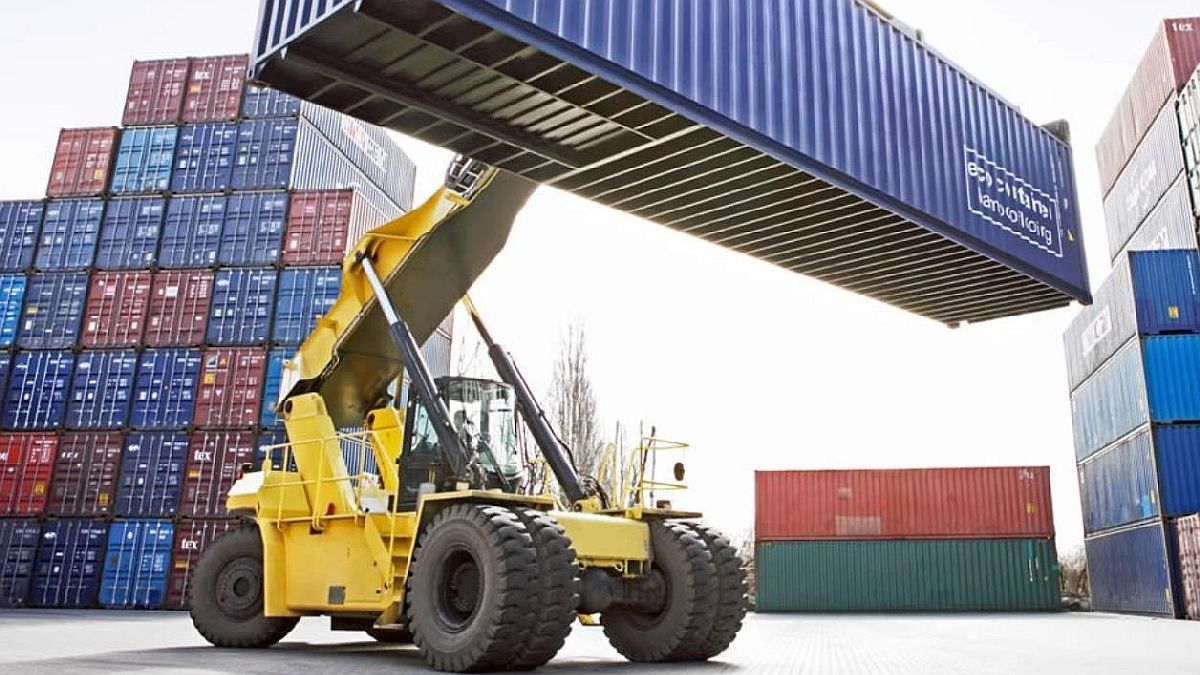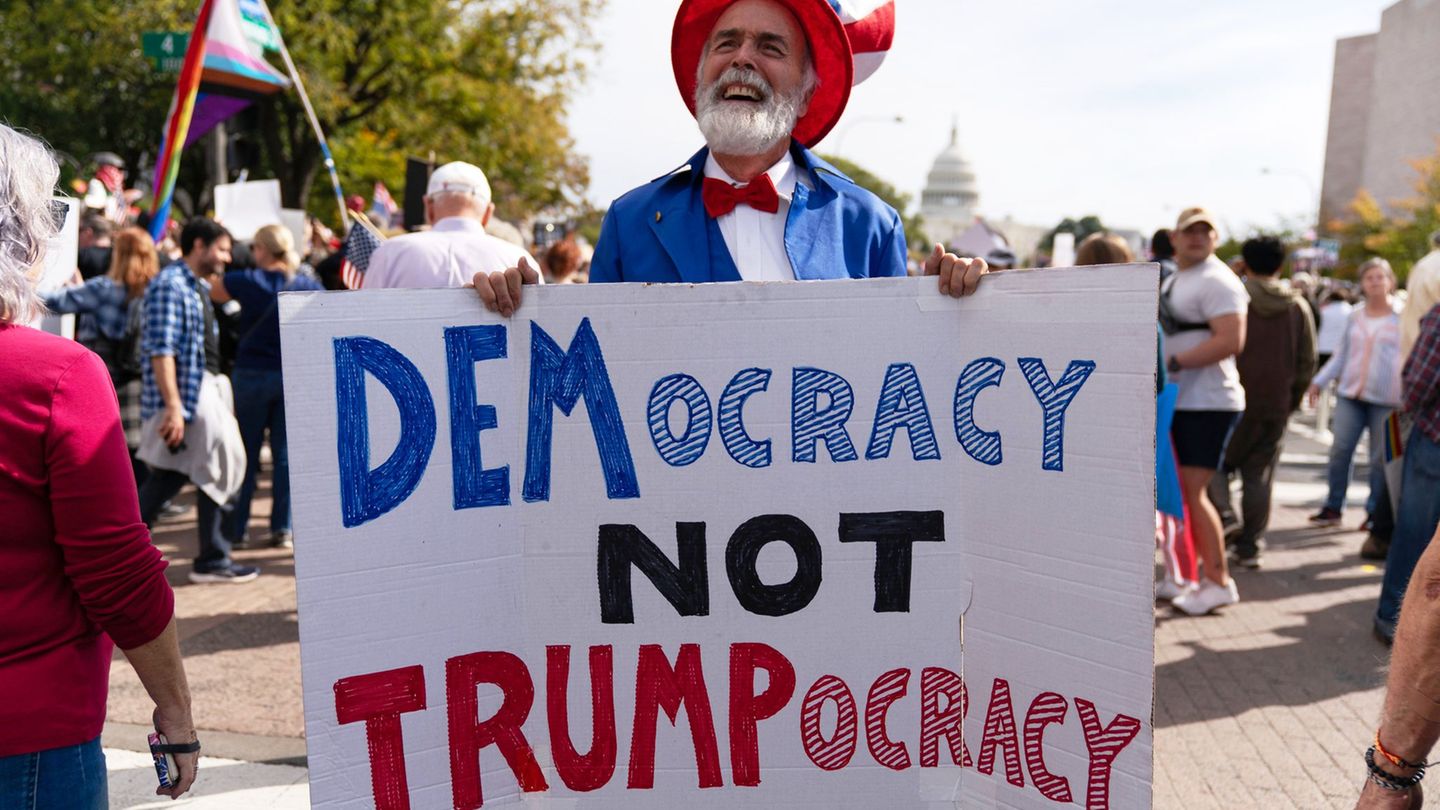The circuit began to be analyzed after a complaint from Customs on June 23 for the overinvoicing of machines to mine cryptocurrencies. The maneuver consisted of importing the devices from China but invoicing them through a foreign company based in the state of Florida, United States, at an irregular value higher than the market value. The case in which the agency prevented the irregular transfer of US$5 million is being investigated in the Economic Criminal Court No. 2.
After that investigation, Customs decided to preventively block all import transit requests with the same circuit, that is, Ezeiza-Free Zone. It did so to carry out an exhaustive analysis of each operation and initiate systemic audits of all the companies that operated with this modality in the period in question.
The preliminary work is about 50 companies that concentrate 37% of the operations. The items are diverse: technology, textiles, tires and motorcyclists. For the most part, they triangulated the import operation, that is, the merchandise originated in one country (for example, China), but the invoice was made from a third country (for example, Uruguay or the United States).
The next step will be to work on 399 smaller foreign trade operators but who entered the free zone in 2022 and who did not export merchandise in 2021. As Ámbito learned, at the head of this practice are companies in the electronics, textile and motorcycle sectors.
With this scenario, Customs deepened systemic controls and asked to work jointly with the Central Bank and the central areas of AFIP. Measures are expected. The inclusion in the customs document of marks A, BYC, similar to those that those who process in the Comprehensive Import Monitoring System (SIMI) have today, could be instrumented. They also aim to guarantee that the merchandise is effectively entered in the Free Zone prior to that the Central Bank of the Argentine Republic authorizes the transfer of foreign currency.
This battery of initiatives occurs in a context of dollar scarcity, where the Government seeks to prioritize the arrival of inputs for production. In this sense, they seek to dismantle the gaps that importers find to skip current regulations. As Ámbito learned, the economic cabinet is analyzing new announcements to more effectively monitor the entire universe of purchases abroad.
Source: Ambito
David William is a talented author who has made a name for himself in the world of writing. He is a professional author who writes on a wide range of topics, from general interest to opinion news. David is currently working as a writer at 24 hours worlds where he brings his unique perspective and in-depth research to his articles, making them both informative and engaging.




